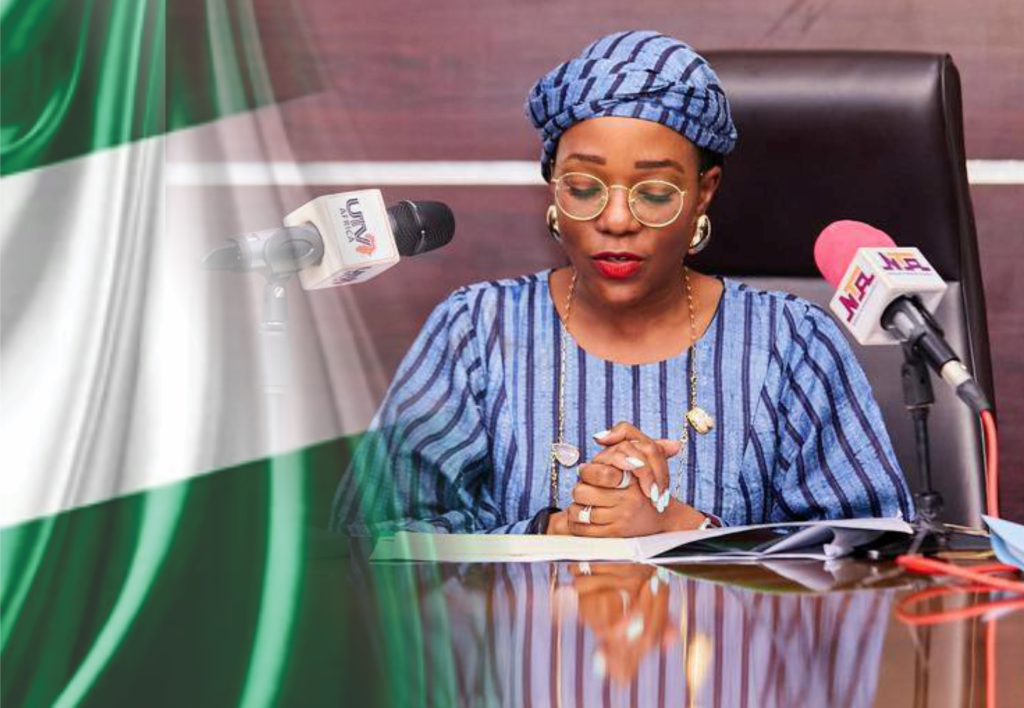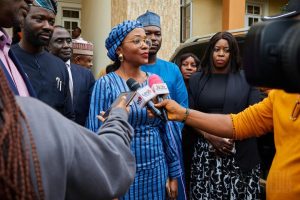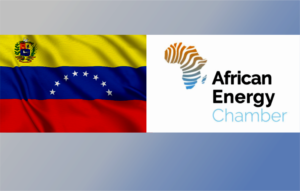Nigeria’s $25 Billion Green Leap: Betting on a Climate-Resilient Future

In the humid air of Abuja’s calm weekend, a quiet revolution was announced, geared towards redefining how Nigeria powers its homes, grows its food and sustains its families. The country’s federal government is setting its sights on mobilizing $25 billion in climate finance by 2030, a bold step toward reshaping Africa’s largest economy into a greener, more resilient one.

At the helm of this transformation is Omotenioye Majekodunmi, the Director-General of the National Council on Climate Change (NCCC), who revealed that Nigeria’s Carbon Market Framework that regulates and monetizes carbon credits, is ready and awaiting approval from the Federal Executive Council (FEC). “This version represents our highest level of ambition to date” Majekodunmi said, referring to Nigeria’s newly updated Nationally Determined Contribution (NDC 3.0). Unlike past pledges, she explained, this one moves beyond the “business-as-usual” model, grounding lofty climate targets in investment-backed plans for clean energy, forest conservation, and green jobs.
The plan sets measurable goals to target a 32.2% reduction in emissions from 2018 levels, a 60% cut in deforestation, and a 7-gigawatt energy expansion powered equally by renewables and natural gas. But what makes this version different from just projected statistics, is the humanization frontiers of the goals.
First in history, Nigeria’s climate plan directly links to health and climate empowerment, acknowledging that the country’s environmental crisis is deeply intertwined with family wellbeing, economic opportunity and social stability. From farmers battling drought to children learning under solar-powered classrooms, climate action is no longer an abstract policy but a matter of everyday survival and hope.
Majekodunmi said the government hopes to unlock $7–10 billion in grants and concessional financing from global partners while courting private investors through green bonds and blended finance tools. “We’re not just chasing numbers; we’re building trust,” she said. “Our Monitoring, Reporting, and Verification (MRV) system ensures transparency and accountability, which are essential to attract real investment.”
In the run-up to COP30 in Belém, Brazil, next November, the NCCC is also practicing what it preaches. A new digital portal now allows ministries, businesses and civil groups to register for side events at Nigeria’s pavilion. This an effort to reduce paper use and lead by example in sustainability.
The $25 billion climate finance target is a lifeline to millions of Nigerians. As it will represent cleaner air for city dwellers, new income streams for rural communities and a promise to future generations that prosperity need not come at the planet’s expense.
As Majekodunmi put it, “beyond carbon, this projection is about people, progress and the promise of a better tomorrow.”






